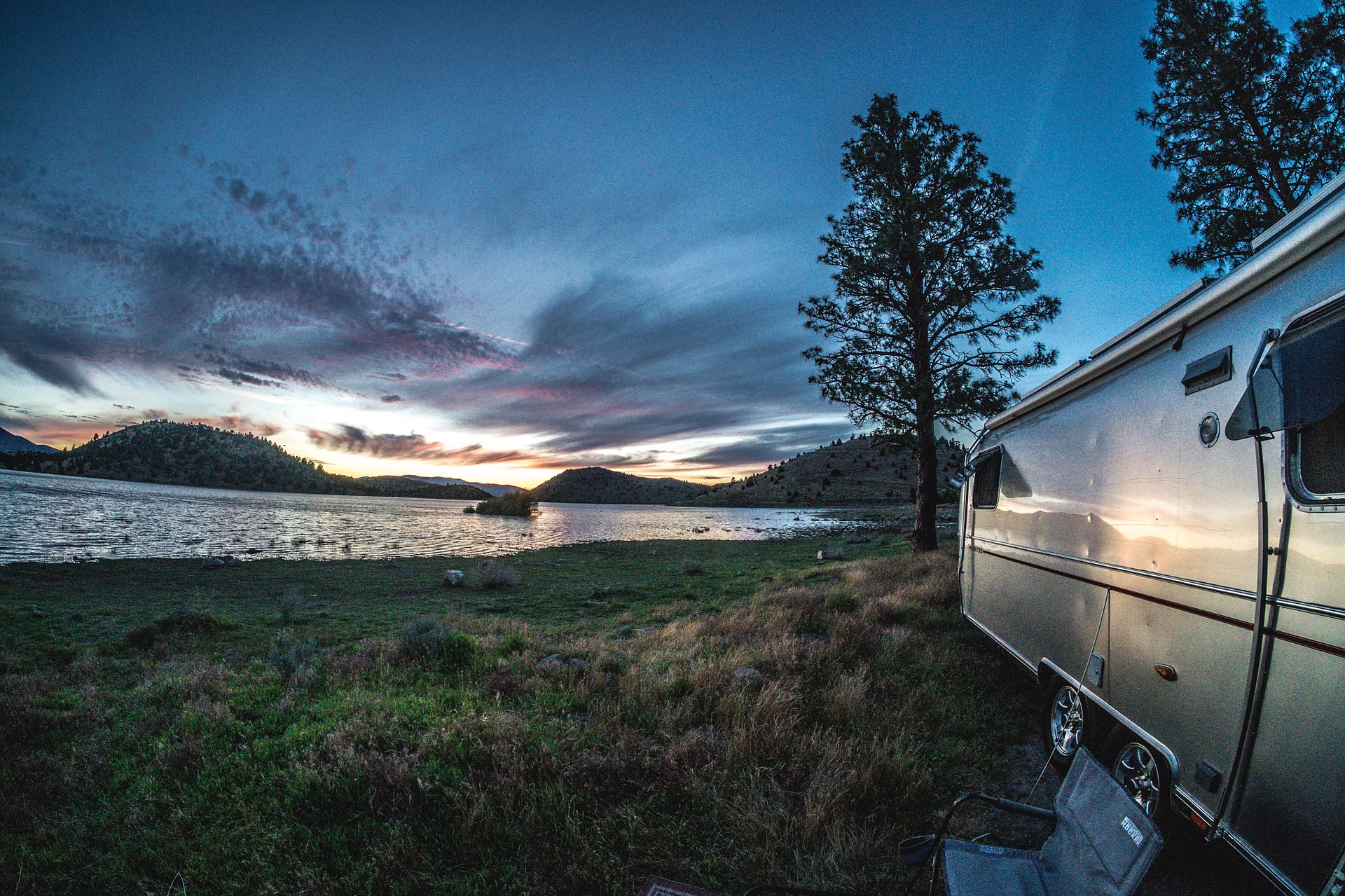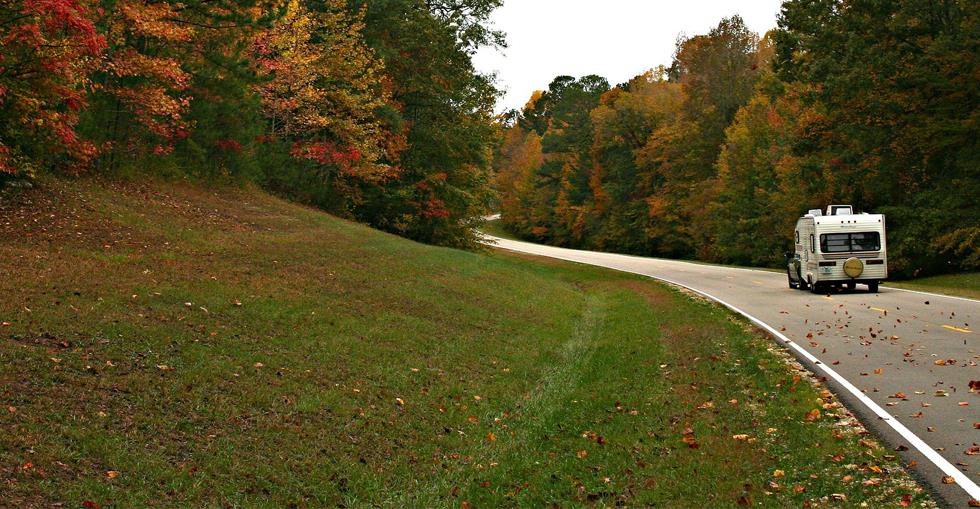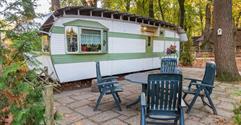For seniors who want to retire on the open
But, it’s not just for the older crowd - the traditional American road trip is still alive and well, and RVing is a popular way for young and old alike do it in style.
Since RV owners will always need a clean, safe and reliable place to park their vacation home on wheels, owning and operating an RV park can be a fun, fulfilling, and profitable business opportunity.
What exactly is an RV park?
More often than not, RV parks and campgrounds are lumped together when someone is reporting on the industry as a whole.
There’s plenty of reason for that, especially since many campgrounds accommodate RV owners and vice versa.
Most people agree, however, that a true campground provides tent camping sites, instead of (or in addition to) RV sites, cabins, or other similar facilities. Therefore for the sake of this article, we’ll be looking at those businesses that are truly focused on catering to the RV lifestyle.
A recreational vehicle park (RV park) is a place where RV owners can park and stay one or more nights, usually with access to certain services and amenities they’ll need for a comfortable stay.
Most are open to all, renting spaces on a nightly or weekly basis and first-come-first-served -much like a motel or hotel.
A few operate on more of a timeshare basis, with RV owners buying or leasing a space for a particular number of days or weeks per year, and the ability to schedule their stay well in advance.
Other parks work with online campground reservation networks, RV associations, or similar clubs to fill out their occupancy.
While some RV parks are designed to play up the rustic, back-to-nature feel that some people look for in a camping vacation, others go to the other extreme by offering extensive amenities and luxuries, taking advantage of the “glamping” phenomenon of recent years.
Most state and national parks fall into the first category, offering few — if any — utility hookups or other services. Other private RV parks are essentially luxury resorts with amenities that rival fine hotels.
What can you expect to find at an RV park?
As you might imagine, the goal for every RV park is to offer quality accommodations, meeting, or exceeding the expectations of guests at a reasonable price.
Since the basic requirements for a comfortable and enjoyable stay are essentially the same everywhere, most RV parks offer very similar services, equipment, and amenities.
Typical facilities at each site may include:
- AC power connection
- Drinking water connection
- Sewer connection
- Television connection
- Telephone connection
- Wi-Fi (sometimes included in the site fee, sometimes an extra charge)

Beyond the basics is where RV park owners can get creative and start differentiating their property from the competition.
Some of the added perks that have worked well at RV parks include:
- Barbecue area
- Convenience store
- Dump station
- Exercise equipment
- Gift shop
- Golf Course
- Hot tubs
- Laundry
- Picnic tables
- Restrooms
- Recreation Hall
- Showers
- Swimming pool
- Bar or restaurant
Other, more elaborate ideas could potentially work as well, including themed parks, onsite entertainment, and so on.
In all cases, it really comes down to what you can offer your target demographic that they will appreciate and enjoy, but that won’t price your park so far above your competition that it becomes a barrier.
What is the outlook for RV parks?
Currently, there are over 13,000 privately owned RV parks in the U.S. and over 1,600 state and national parks that cater to RV owners.
What’s truly exciting about those numbers is the fact that they’ve been growing for some time now and the industry shows no sign of slowing down.
Describing the combined campground/RV park sector, industry research firm, IBISWorld reported the following:
“Over the past five years, the Campgrounds and RV Parks industry has experienced steady growth. The industry is primarily driven by travel-related trends, as trips to campgrounds and RV parks are viewed as cost-efficient alternatives to traditional vacations.
Over the five years to 2017, industry revenue growth was supported by a rebound in recreational vehicle sales, an increasing baby boomer population and rising levels of per capita disposable income.”
The outlook for the next five years remains bright, with revenue expected to rise, oil and gas prices expected to remain low, and general economic improvements continuing.
IBISWorld’s most recent report noted that the industry (including campgrounds) took in about $7 billion last year and employed nearly 53,000.
Is now a good time to buy an RV park?
Buying an RV park is no different to any other business opportunity.
The wisest way to go about it is carefully and meticulously.
Do plenty of research on the industry itself as well as the major players currently succeeding in whatever area you’re interested in.
While it may be exciting to consider starting your own brand new location from scratch, you’ll want to seriously consider buying an RV park that’s successfully operating, or buying into an RV park franchise (such as a KOA location.)
Once you’ve narrowed down your possible targets for purchase, enlist the help of a team of professionals who can aid you in navigating the potentially confusing and challenging business buying waters.
As with any purchase, you run the risk of undervaluing or overvaluing an available RV park.
To avoid a costly error, work with an experienced business broker who can enforce best practices when appraising the park you’re interested in and negotiating a deal.
Don’t hesitate to bring in a commercial real estate agent, attorney,
For more information about the RV parks industry and advice for buying or selling an RV park, check out our latest resources.



